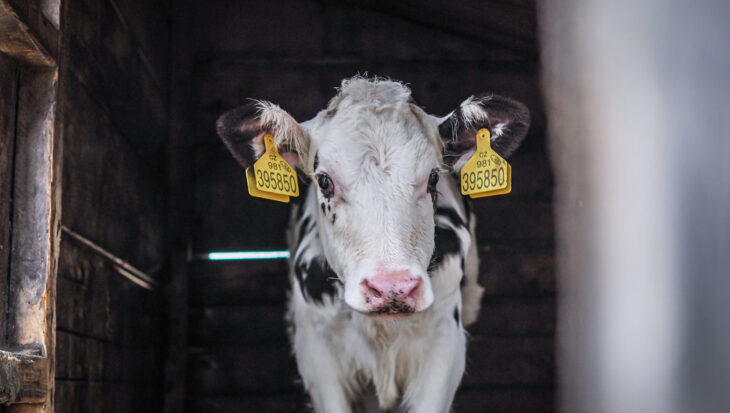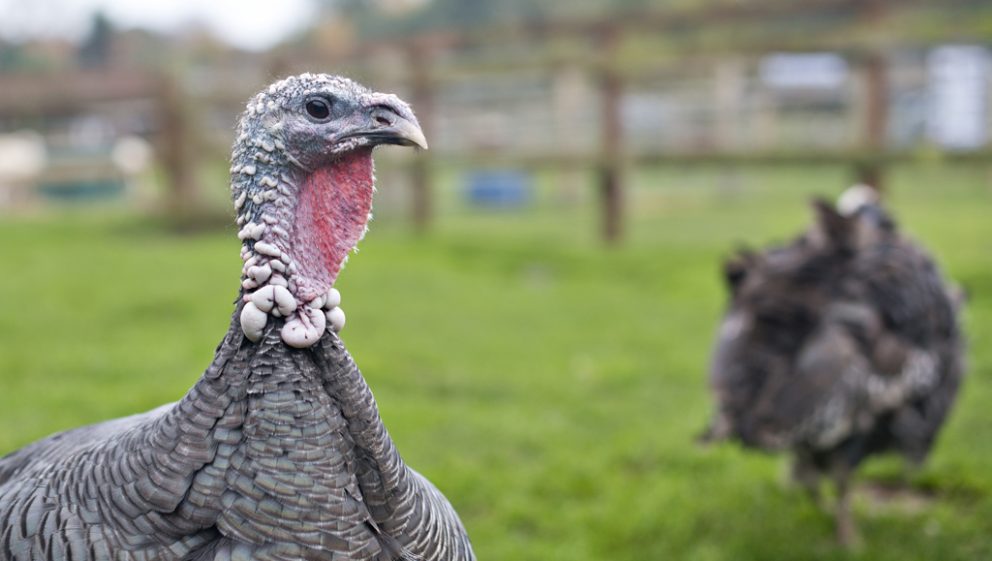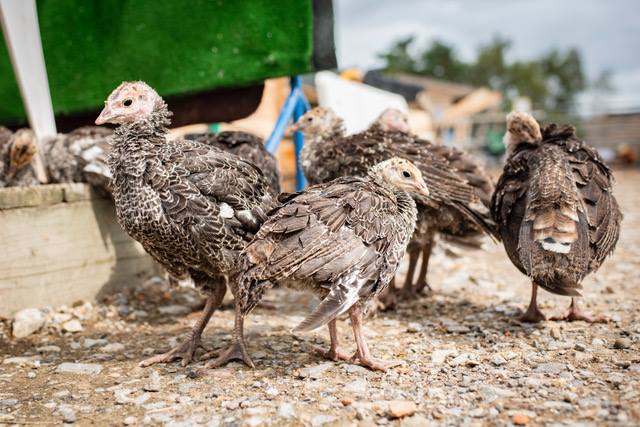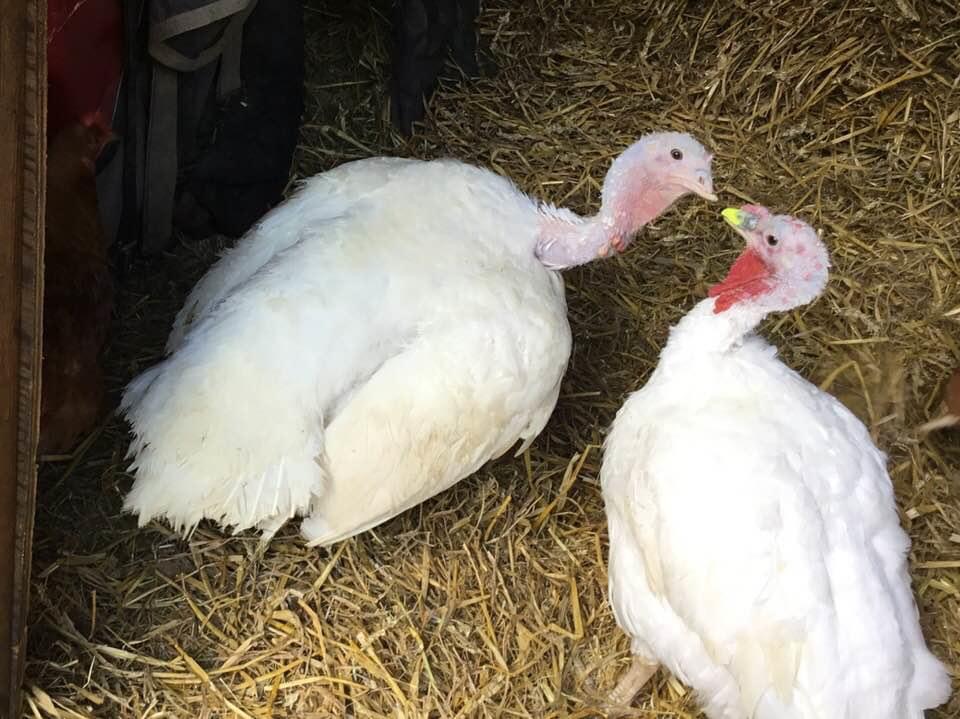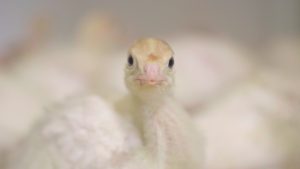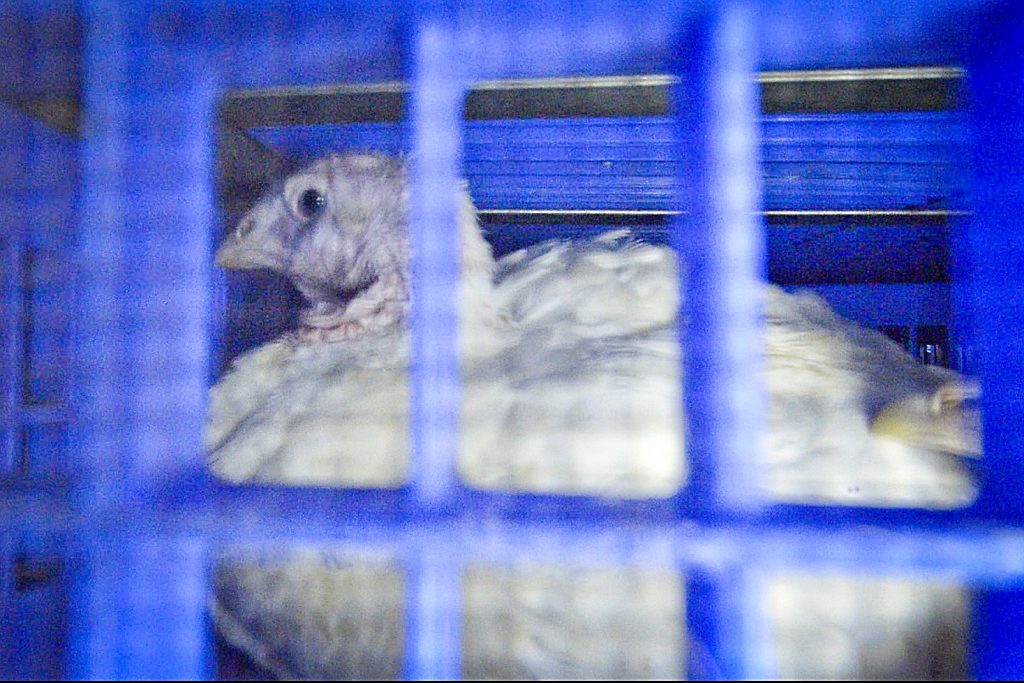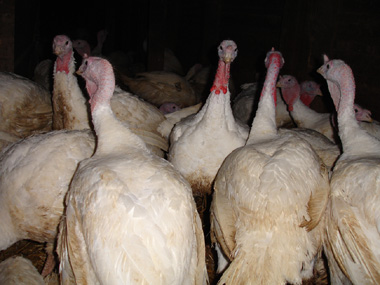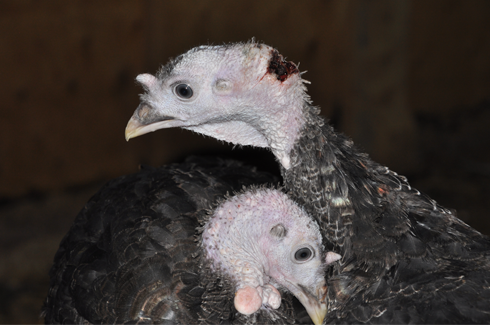Dairy Council says “being honest matters” in response to our anti-dairy TV and cinema advert
When we launched our national, anti-dairy TV and cinema ad back in March, we expected pushback from the industry. A recent piece, published yesterday in Farming Life, claims that while organisations like us resort to...
Posted 23 Apr 2025
